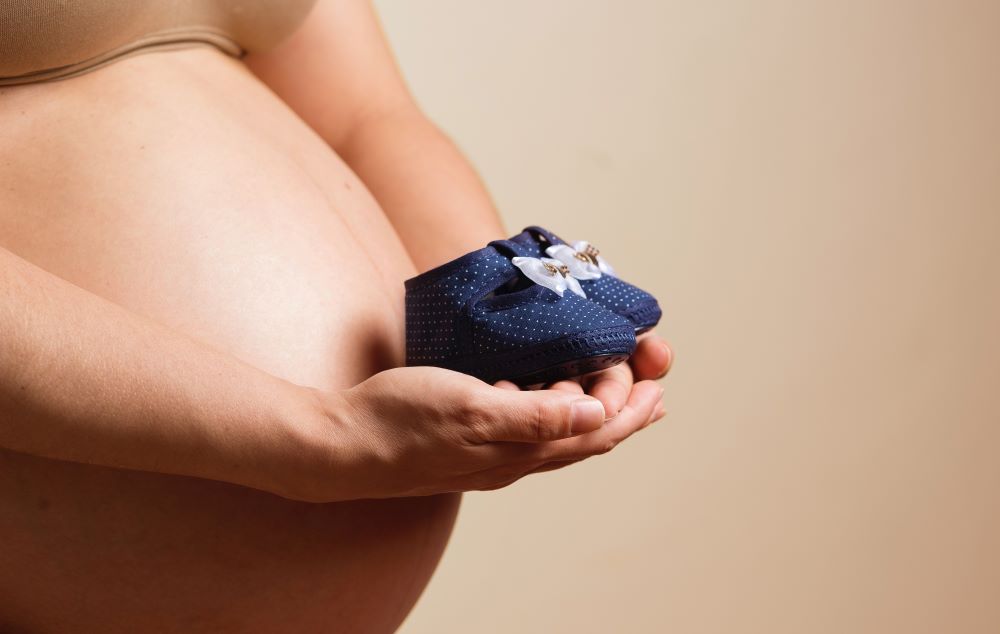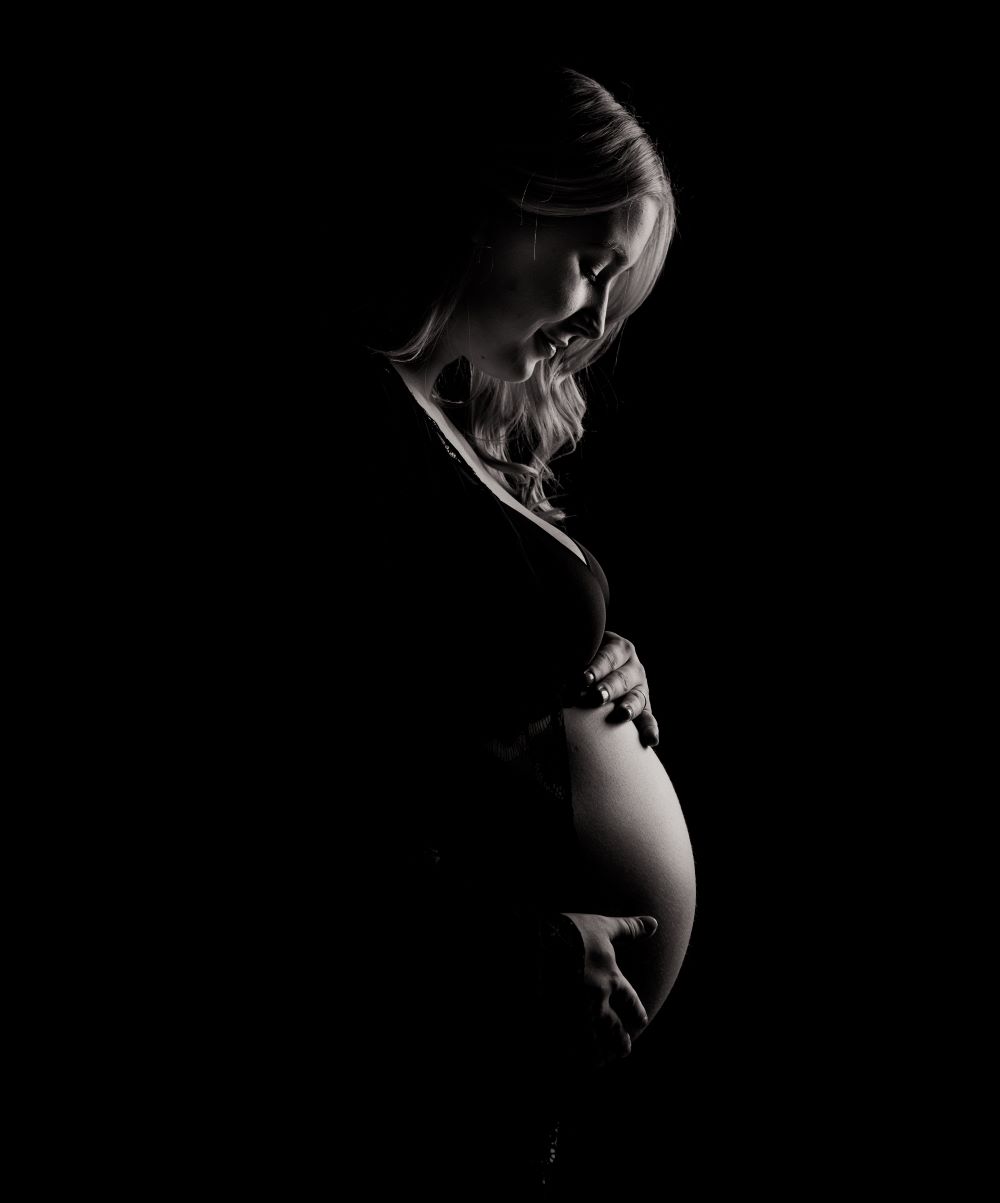Proper treatment is lacking for soon-to-be mothers with opioid use disorder.
Going through pregnancy places significant demands on every woman’s body. Even for women in the best of health, going through pregnancy is a serious challenge that can lead to side effects and lifestyle changes that never would have been expected. And, if a woman is dealing with opioid use disorder (OUD) while pregnant, these challenges can become even more difficult to overcome.
There are treatments available for women with OUD during pregnancy, but a recent study has found that those treatments do not tend to be distributed or utilized equally across all categories of pregnant women.
While every case is different, the treatment that is often used for pregnant women with OUD is buprenorphine. In many cases, the administration of this drug is able to achieve improved health outcomes for the woman impacted by OUD. Of course, this treatment needs to be indicated by the healthcare professional that is in charge of the patient’s care.
The important takeaway from this study is that the women who are most likely to get this treatment during their pregnancy are older, white, and have health insurance. When normalizing for other factors, it appears that patients in those categories were more likely to be offered and administered this treatment that could potentially help to improve their health and the progress of their pregnancy. The study wasn’t necessarily designed to determine why this discrepancy exists, as it simply found this difference through a detailed study of patient reports and records.

The challenge with this kind of information is not determining if any changes need to be made, but rather, what those changes would look like and what is causing these differences in the first place. Few people would argue that the right drugs shouldn’t be offered to every patient based on the expert analysis of a trained physician, but uncovering why that might not be happening is a bit more complicated.
For example, in terms of white women being more likely to receive the treatment than women of other races, what is the underlying cause of that issue? We know the majority of healthcare providers are white, so is it simply better communication and understanding of each other that is leading to the right prescription being provided? Also, older women are more likely to get the treatment — why? Are younger patients being dismissed without the medical professional hearing their issues and concerns fully? Is there an underlying bias against younger soon-to-be mothers struggling with addiction? There are more questions than answers in this area, to this point.
No matter what area of healthcare is being discussed, it’s always important for care to be available equally to everyone who is in need. This is particularly true when it comes to pregnancy, as the health of both the mother and the baby are particularly vulnerable during this stage of life. With more careful studies like the one detailed above, inequalities can be exposed and hopefully corrected to make sure future patients all get the care they deserve.
Sources:
CDC reports disparities in maternal health OUD medication treatment


Join the conversation!